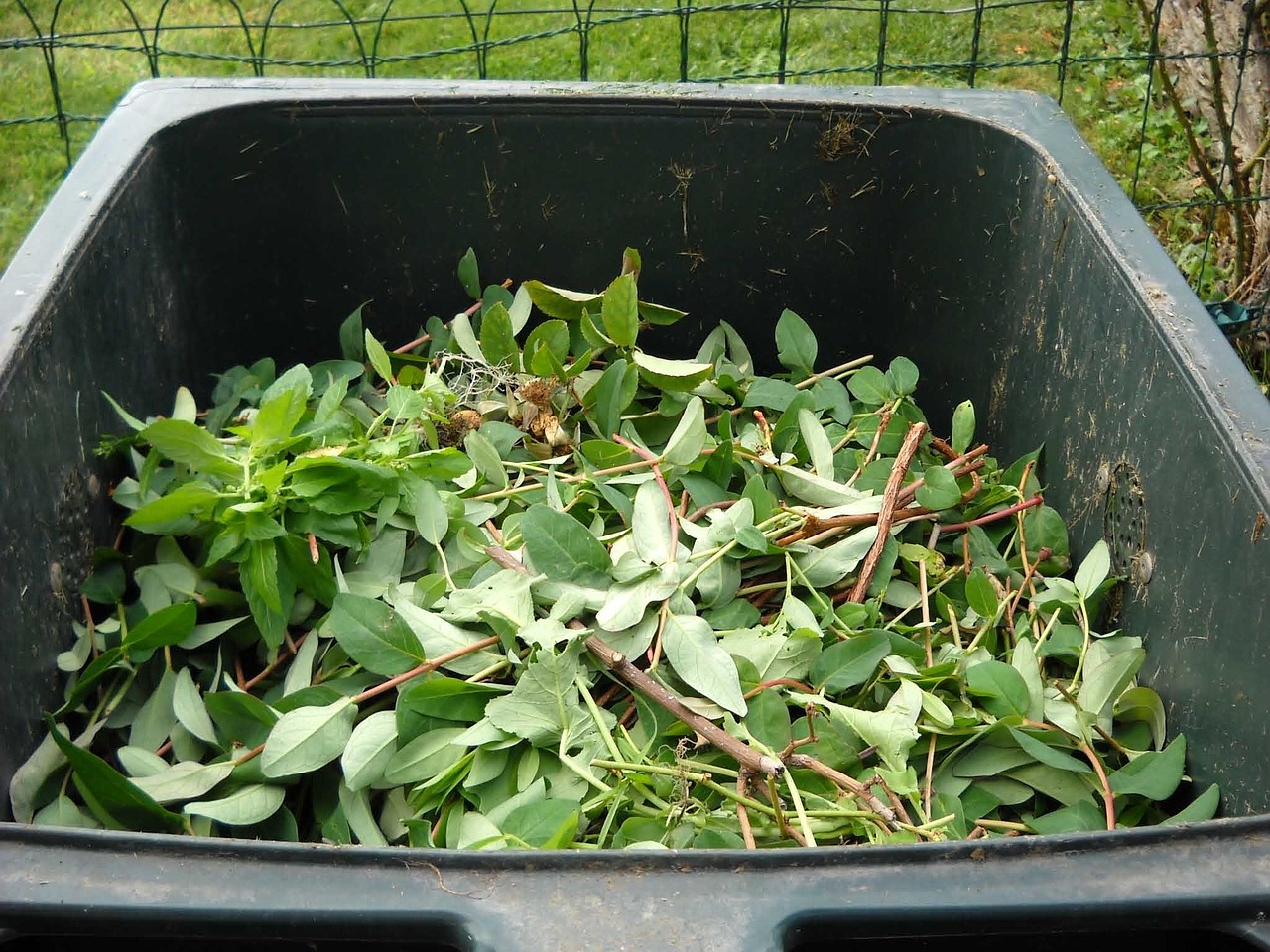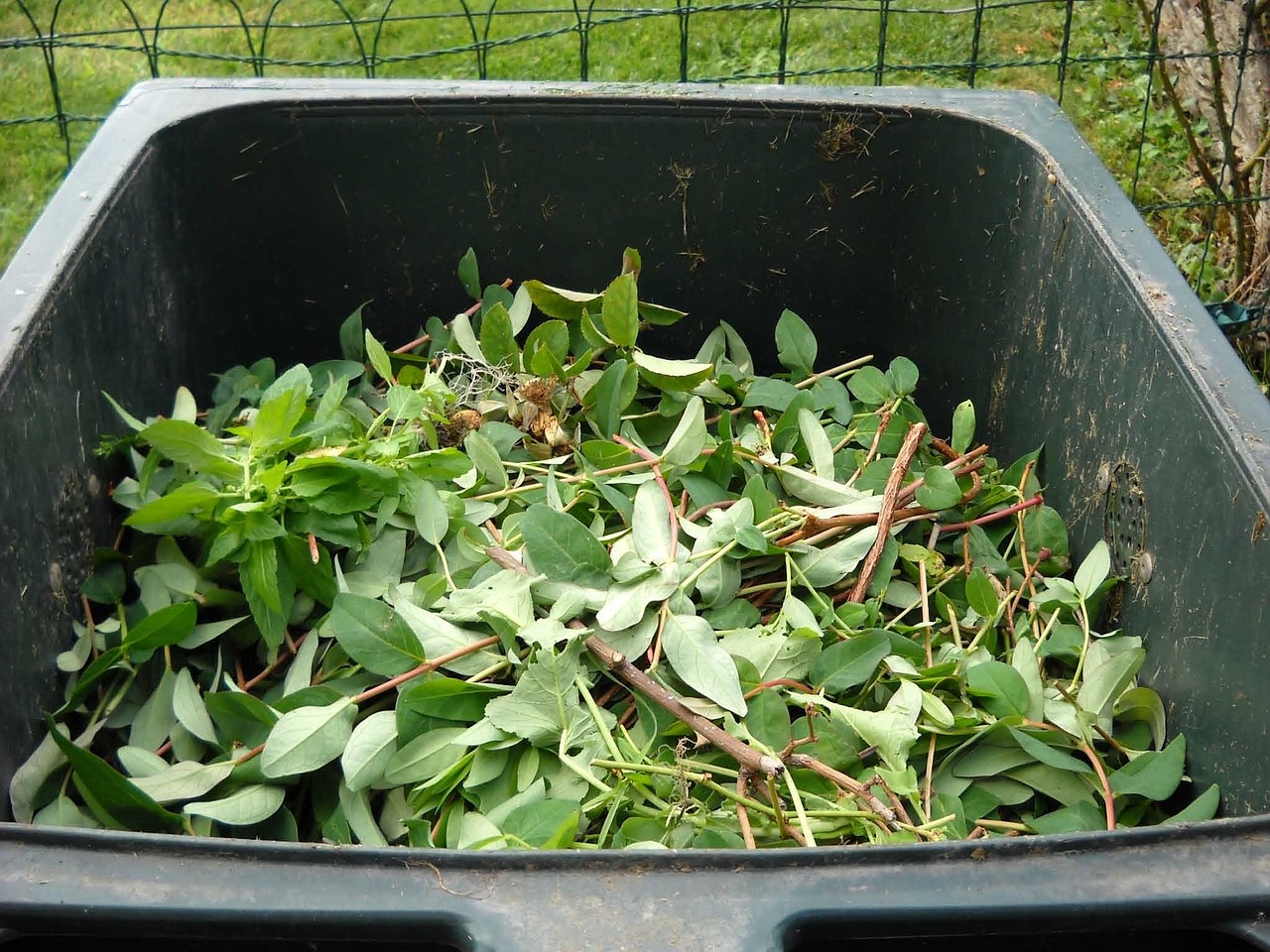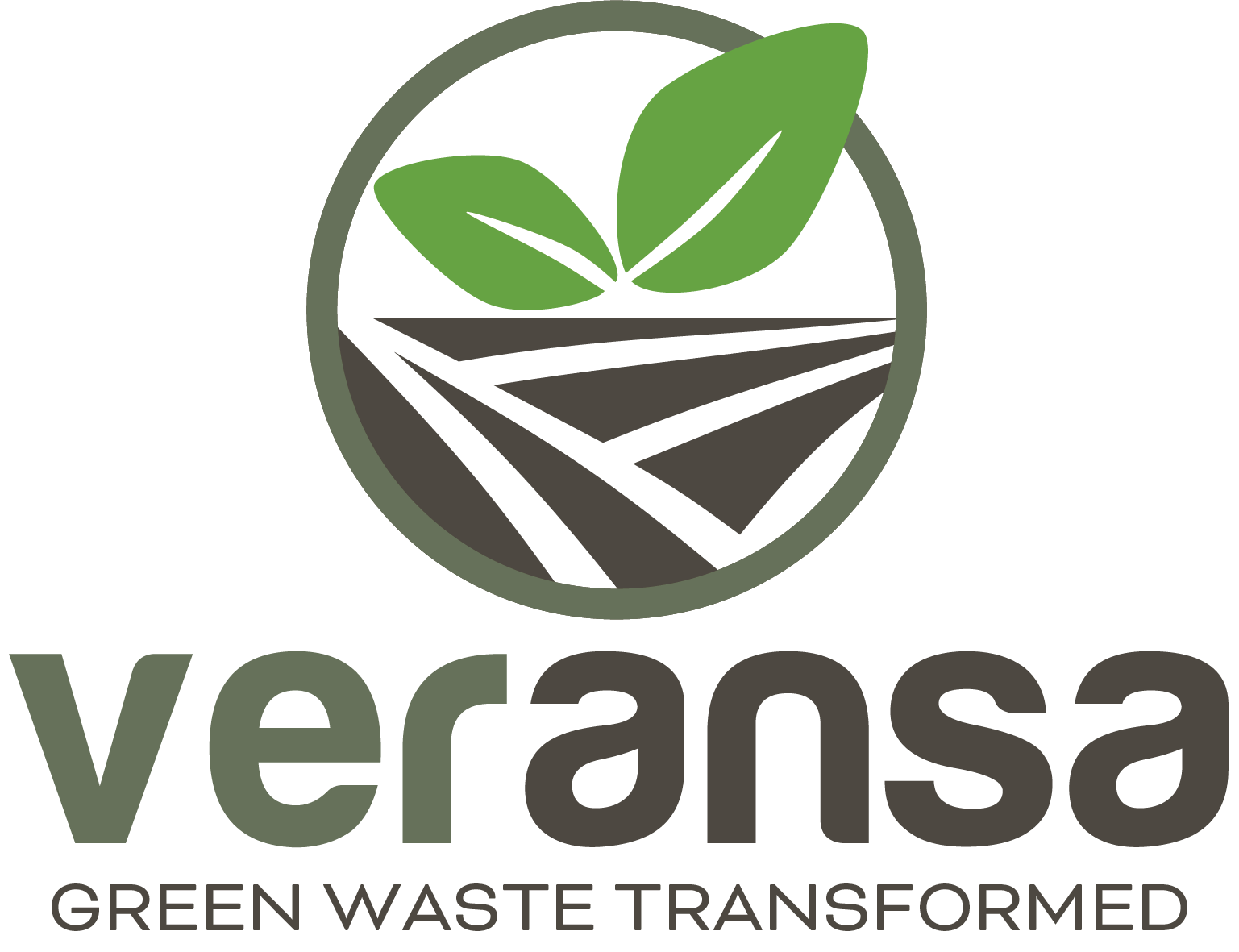Sustainability is important in all aspects of our daily lives, and new concepts have been introduced over the last several decades to ensure the comprehensive wellness of the planet. Green waste refers to biodegradable waste mainly generated from gardens and kitchens. Understanding effective green waste management is increasingly vital for individual households and regional communities looking for sustainable solutions and a healthy natural environment.

Definition of Green Waste
Green waste, sometimes referred to as biological waste, refers to any organic waste that may be composted. Green waste may include grass clippings, hedge cuttings, and leaves from the yard, or food waste such as vegetables, coffee grounds, or egg shells. “Green waste” is characterized as nitrogen-rich, unlike “brown wastes” such as dried leaves and hay, which are carbon-dense.
Did You Know? Green waste may also include biodegradable materials like hair clippings or newspapers.
Consequences of Green Waste Mismanagement
When managed properly, green waste can be used to produce high-quality compost that regenerates and enriches soil without chemicals. When green waste is not managed properly, it can result in several environmental concerns:
- Overfilling of Landfills: Green waste consumes valuable landfill space meant for non-recyclable trash.
- Increased Methane Emissions: When green waste decays in landfills it emits this potent greenhouse gas.
- Water Pollution: Mismanaged green waste can pollute our water supply, adversely impact marine life, and cause toxic algae blooms.
Recommended Waste Management Techniques
Composting: Composting is one of the main strategies utilized for recycling green waste. Composting techniques break organic matter down into nutrient-rich compost utilized for fertilizing and enriching the natural soil.
Thermal Treatment: This method of treatment for green waste produces biofuels that can be used as an environmentally friendly source of energy. This process helps to minimize dependency on fossil fuels and reduces greenhouse gas emissions.
Topsoil: Green waste provides effective enhancement of manufactured topsoil, increasing the nutrient levels that are ultimately returned to the environment.
Sewage Disposal: This type of waste plays a vital role when co-composting with sewage wastes, delivering a sustainable method of disposal and limiting landfill waste.
Suppression of Agricultural Diseases: When composted, green waste can minimize or block many soil-borne diseases, benefiting large-scale agricultural operations.
How Florida Residents Can Help
While companies like The Veransa Group are instrumental in collecting and processing green waste at a municipal level, there are several ways that individuals who are concerned about the environment can help as well.
Learn about Segregation and Disposal: Green waste must be properly segregated to facilitate recycling efforts. Only designated types of green waste should be placed in bins in order to prevent cross-contamination with non-organic materials.
Take Advantage of Available Collection Programs: Many municipalities offer pick up and disposal of green waste items.
Develop Home Composting Practices:If there is no access to community recycling services, creating a home composting system is an alternative option. Home composting not only manages green waste but also provides organic compost for use in personal gardens and beds.
In Conclusion
In summary, proper green waste management practices are vital to environmental sustainability. While composting and participating in local collection programs on an individual basis do have an important impact, townships partnering with organizations such as The Veransa Group can significantly magnify these efforts and the subsequent results.
If you are a municipal organization looking for a partner in green waste management, debris removal, or yard waste management, we invite you to contact the Veransa Group. We have the reputation and the expertise you need to help reduce landfill use, mitigate greenhouse gas emissions, and support sustainable waste management protocols.


